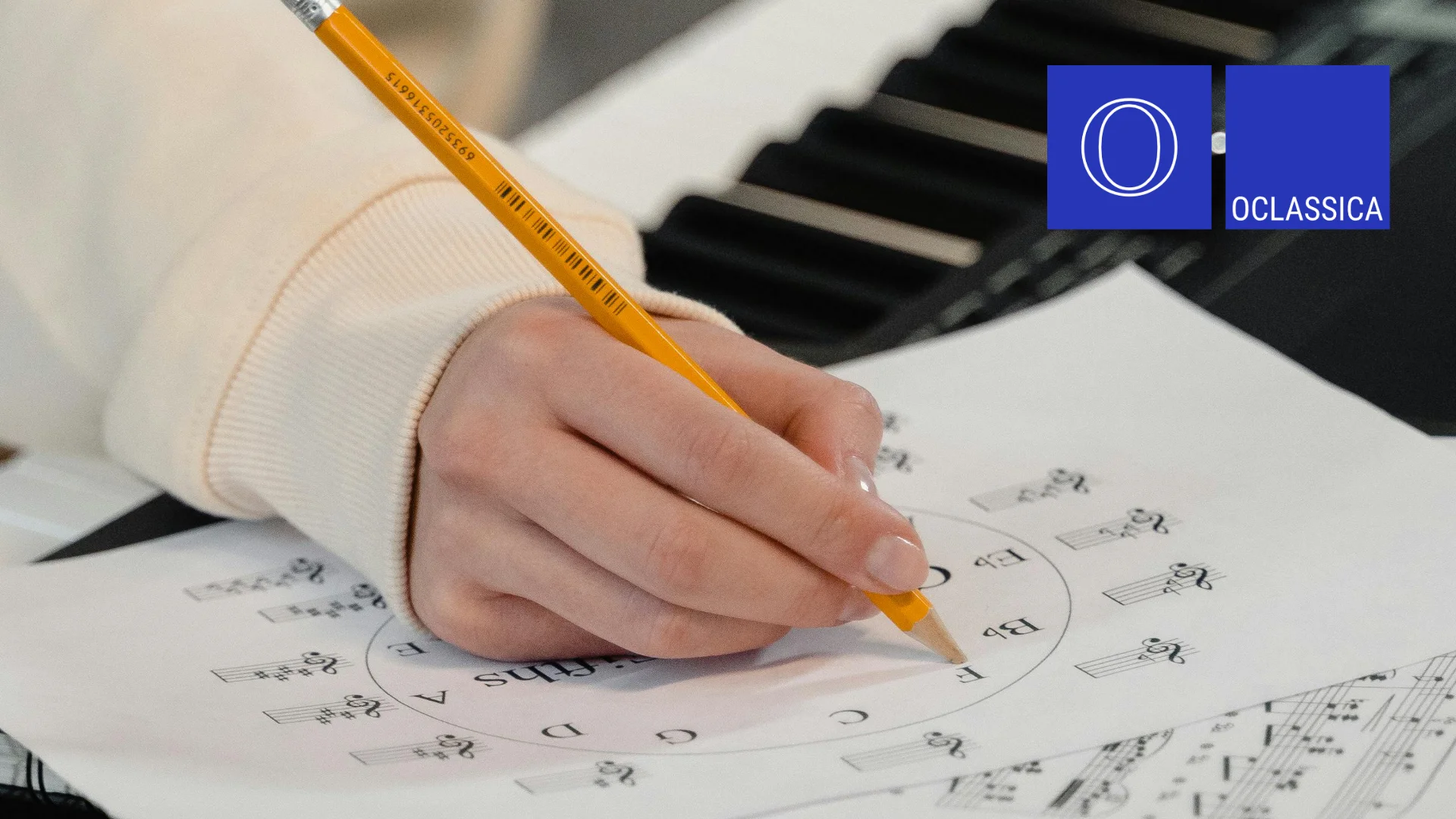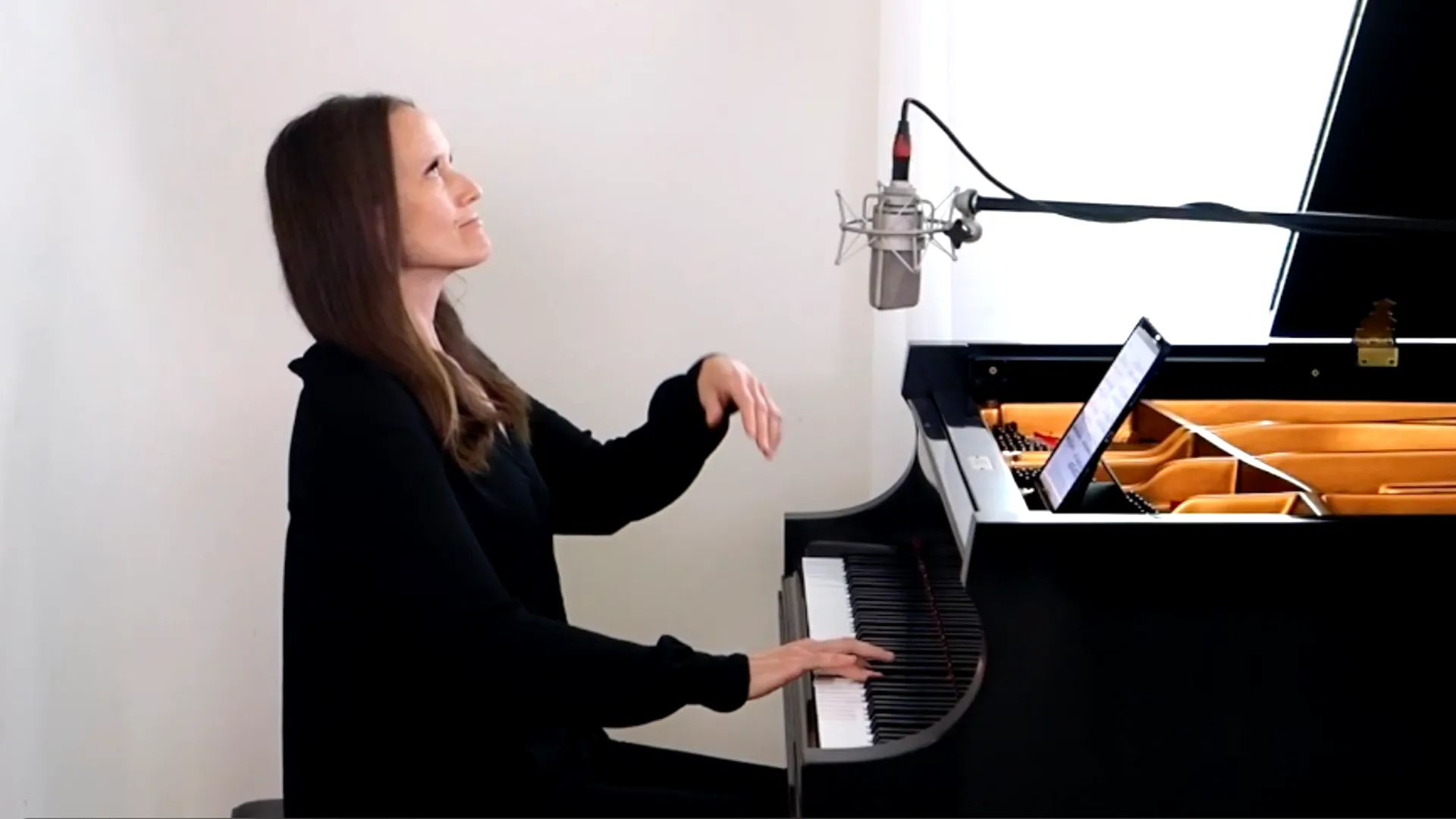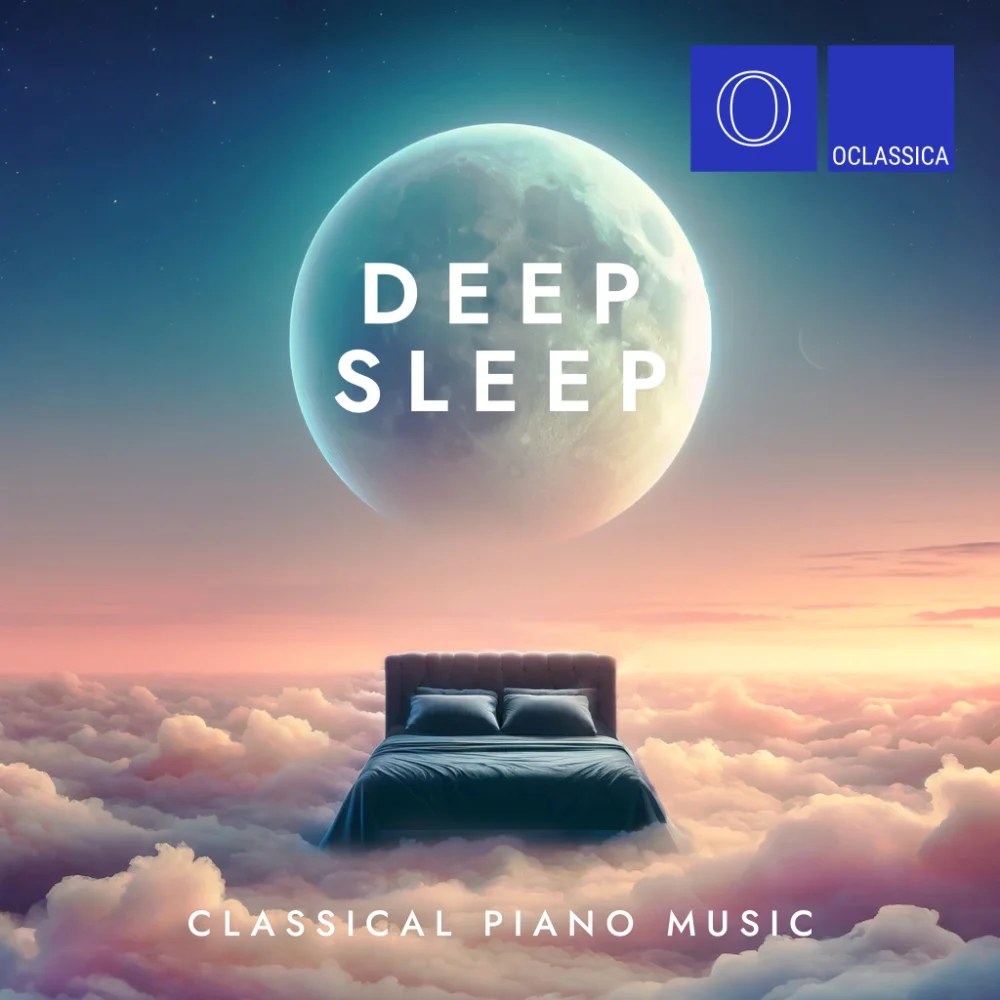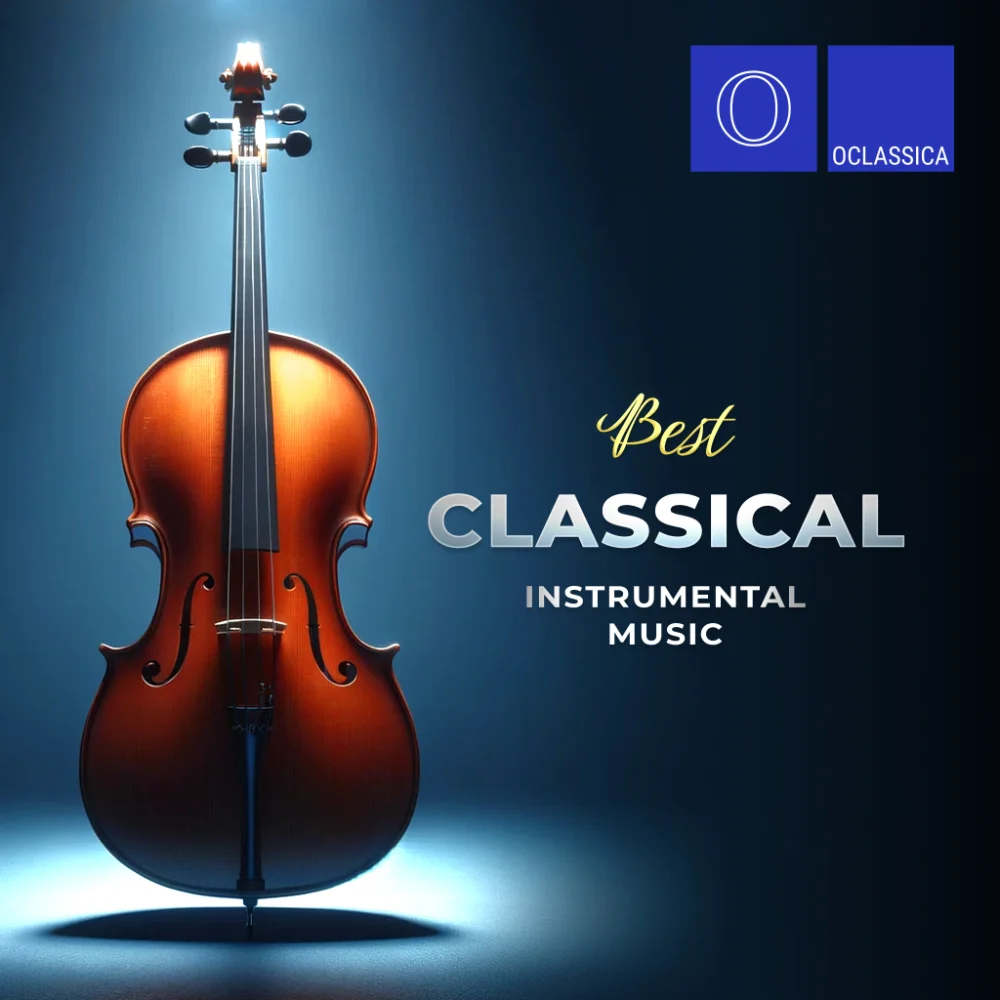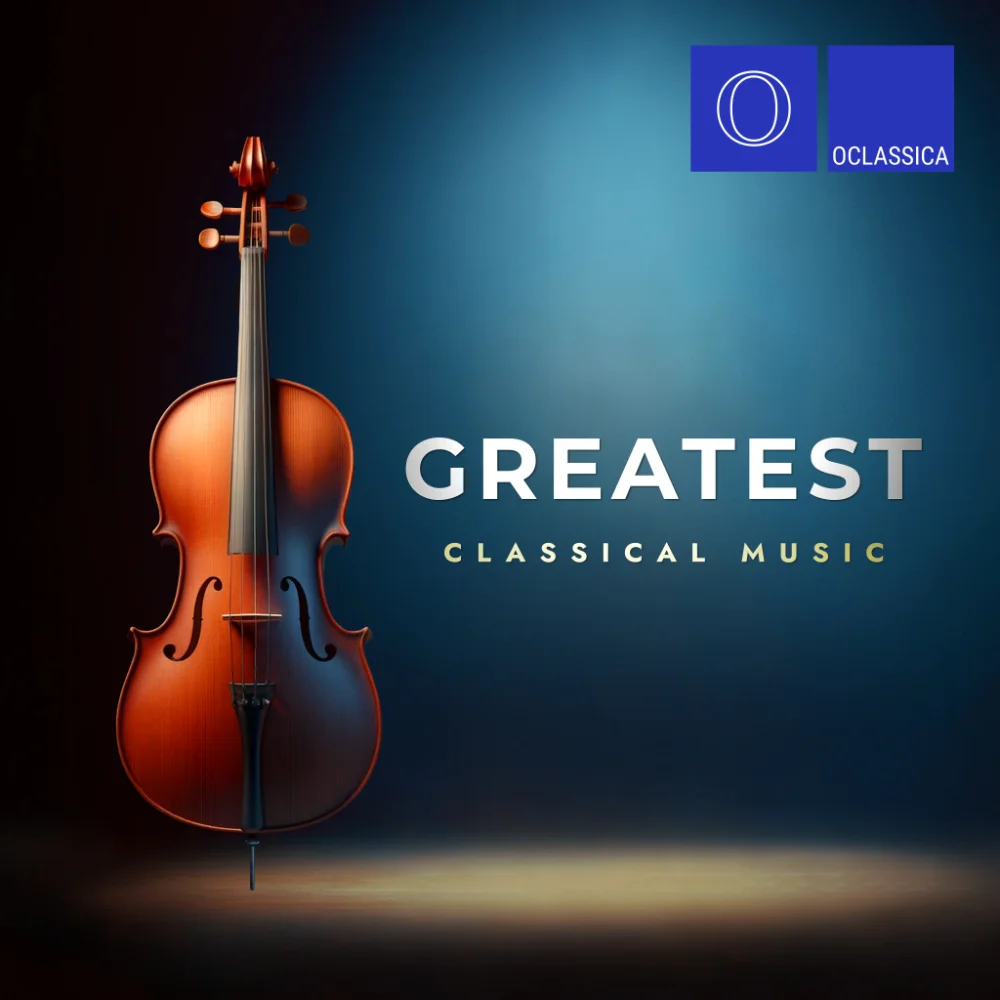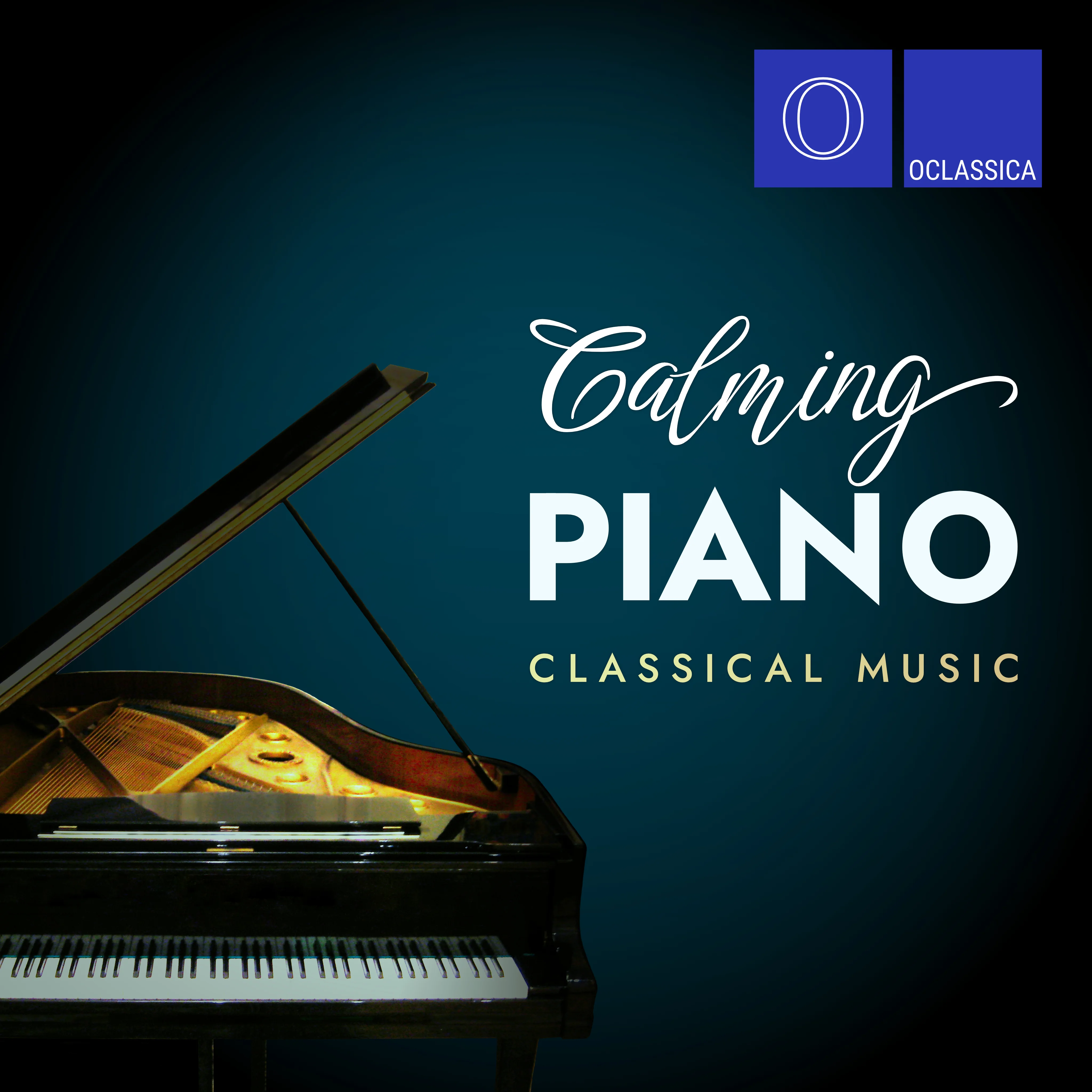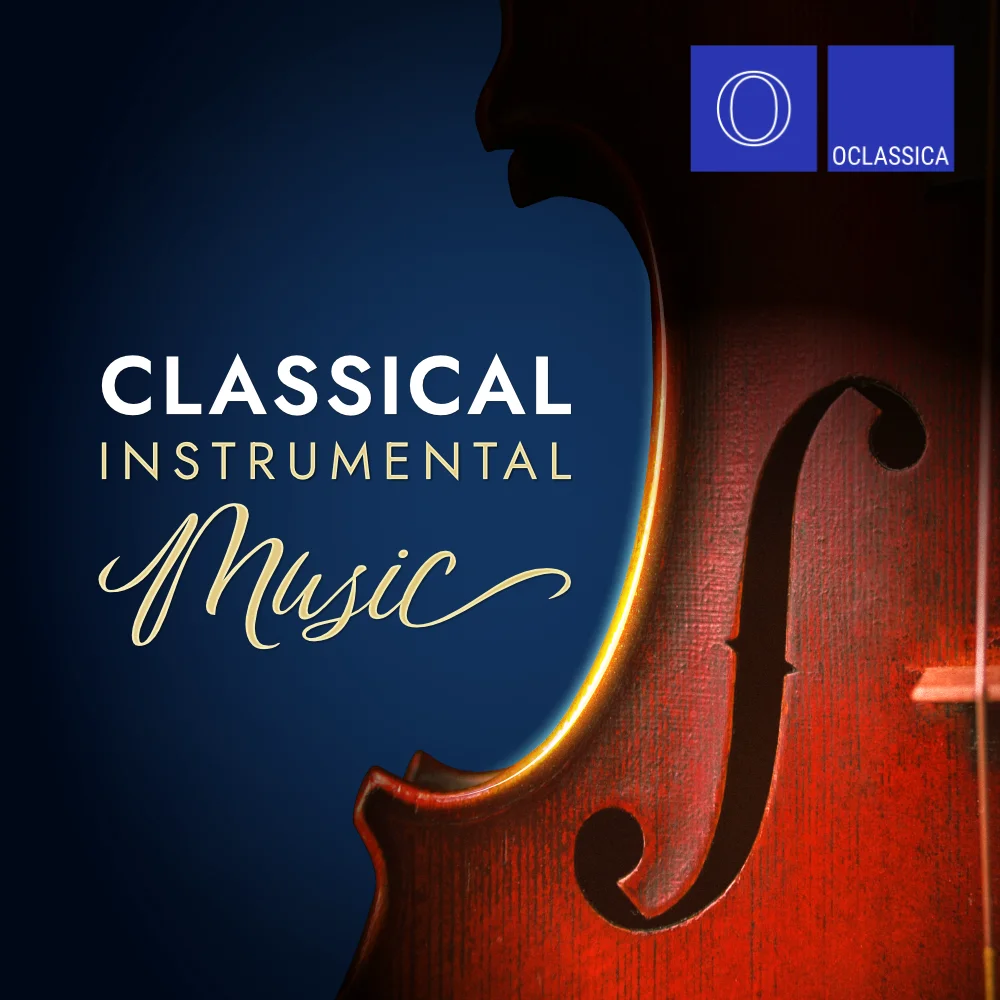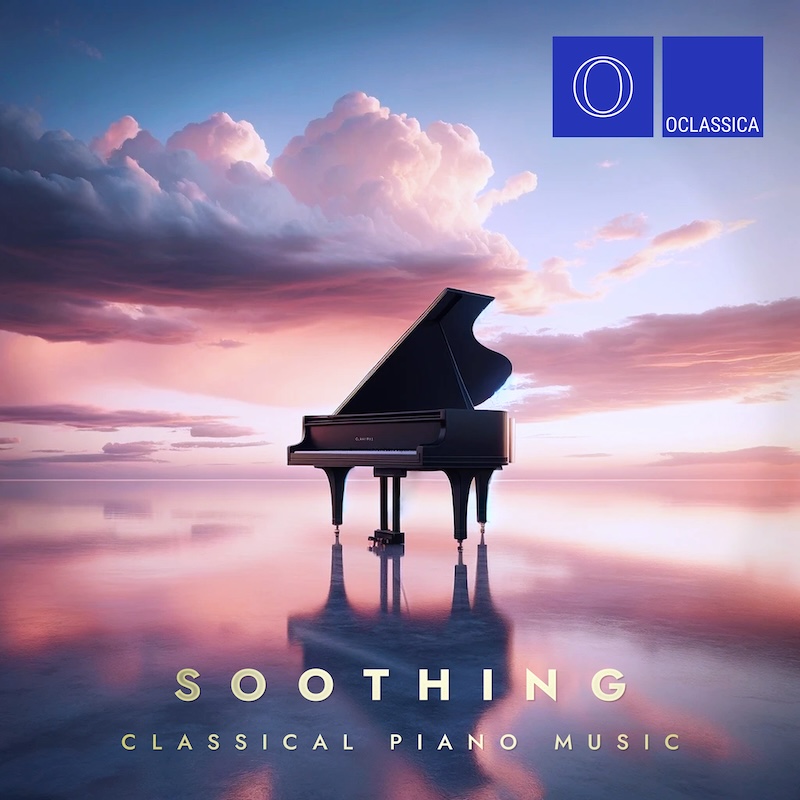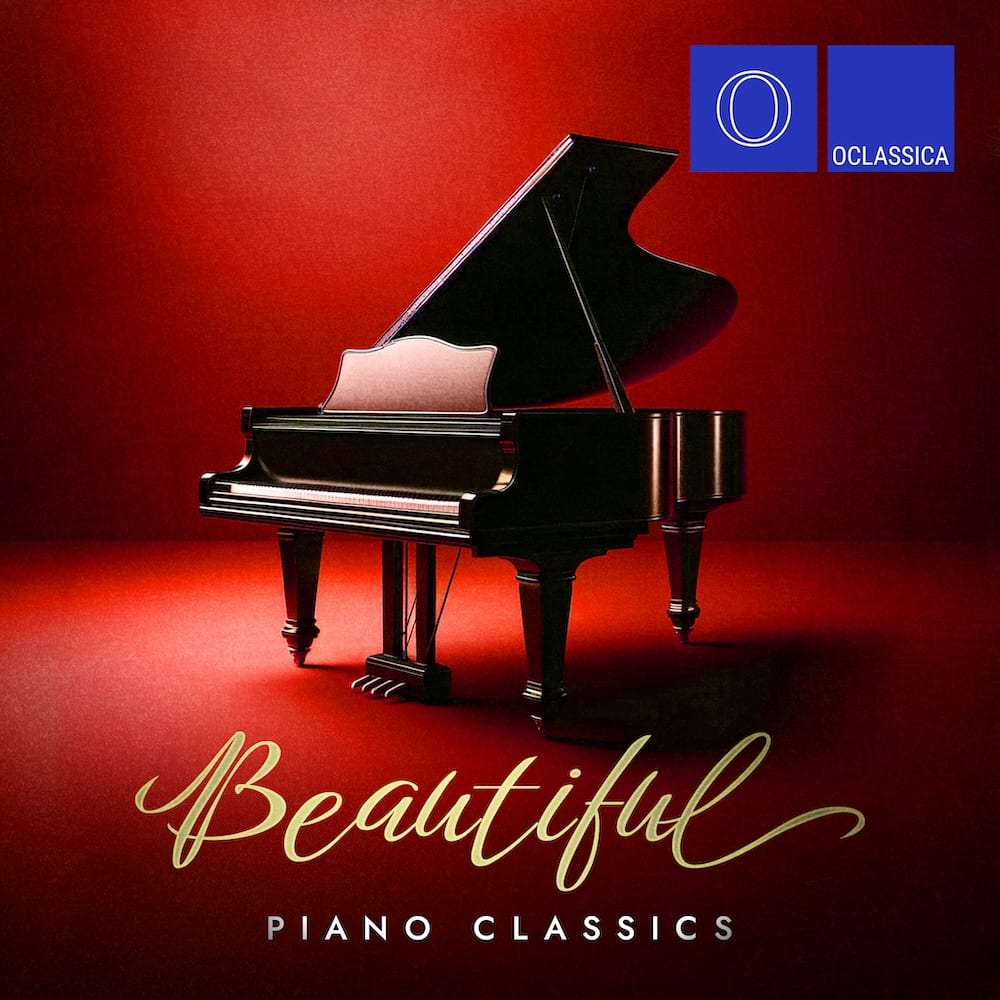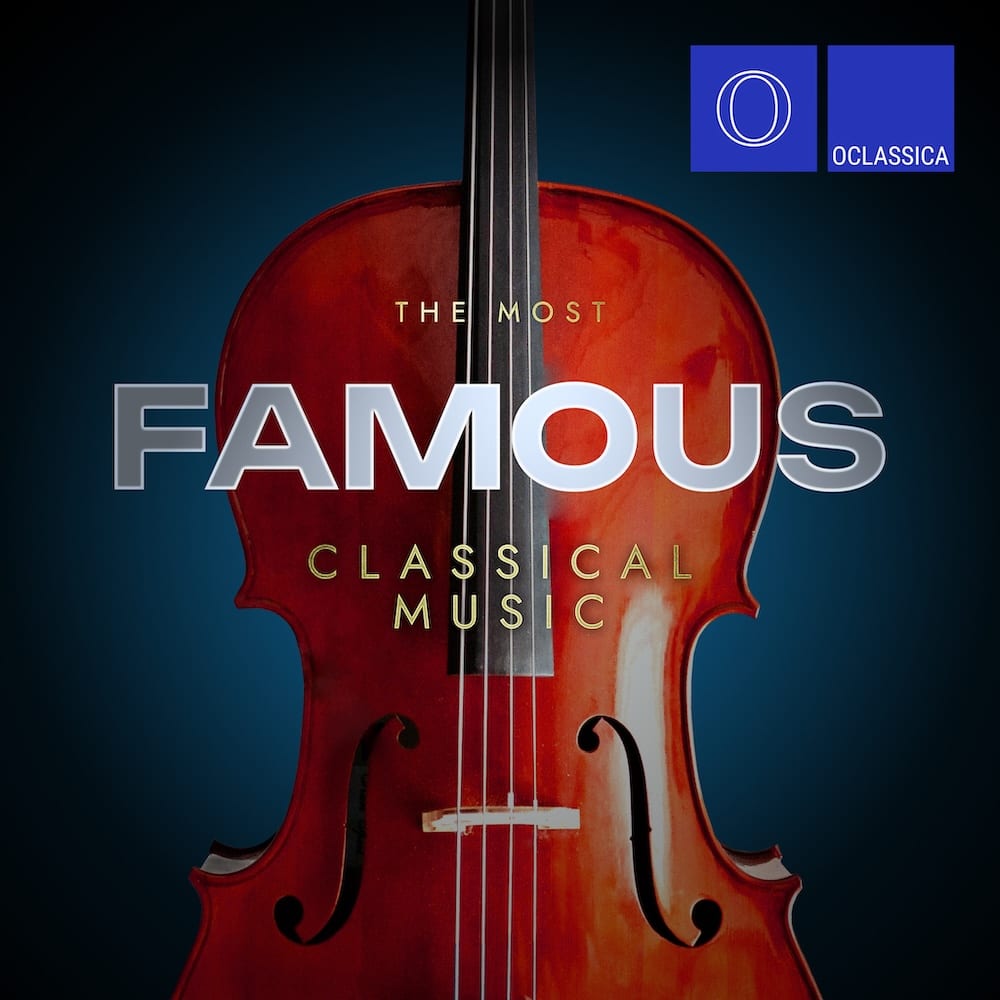Digital Music Marketing for Classical Musicians
This online course reimagines the opportunities for classical musicians in the digital age of technology, offering multidisciplinary skills and knowledge to win the love of audiences and succeed as musicians.
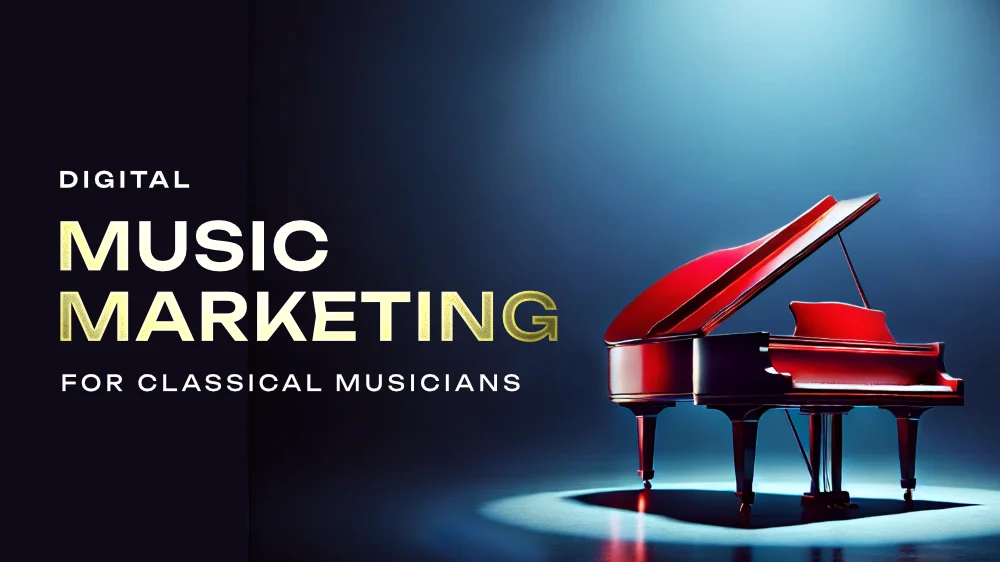
What you will learn
- Why stereotypes living among musicians do not work anymore
- How to research and understand your audience
- From assumptions to clear knowledge: data-driven decisions in music
- Digital marketing basics
- How to maintain artist’s image online
- How to connect with your audience efficiently
- Examining various case studies
According to the research conducted among conservatory graduates in Germany1, only 23.2% of graduates got permanent jobs, as was expected at the beginning of their professional education. Only 17% of the participants aspired to become freelance musicians, but 58.6% of them were found to work in the freelance field.
Part of the problem is that music studies in general are mainly aimed at developing instrumental skills required for positions in the orchestra, music school, etc. The research suggest a lack of reflection on the audience and the context in which professional musicians are acting. Not all conservatories offer music industry insights, audience research, or digital marketing skills needed to develop a music career in an open market.
Why this course is essential for every classical musician
Musicians finding themselves in a freelance market need to be entirely self-sufficient in terms of managing their enterprise. Important skills are therefore the ability to think critically, to reflect on their professional practice and circumstances, to find an audience through identifying interests and targeting particular groups, and to align with esthetic preferences.
The curriculum of this course is based on a real-world experience of Oclassica staff and musicians of the label. We have learned from the pains and struggles that musicians deal with. In this course we share our multidisciplinary approach to the challenges faced by classical musicians, teaching marketing fundamentals, methodology and essential skills – all geared towards bridging the knowledge gap of conservatory studies and helping you navigate the music industry.
What about this course?
Today we live in a digital world with nearly half of the global population online. And this world is constantly changing. The digital transformation has affected every aspect of human life, and classical music is no exception. The place of classical music in society is changing, and careers in music performance are changing as well. How are music institutions responding to these changes? Can students acquire knowledge that will enable them to find their own way in this constantly changing environment?
We created this course to fulfill this knowledge gap in music studies.
The course explores the world of classical music from the perspective of a digital society and provides essential digital marketing knowledge, expertise and practical skills relevant to today’s world. You will be provided with the industry insights, practical tips and strategies to let you use all the opportunities that exist today and help you take the first steps towards a successful music career as a performing artist, manager of a cultural institution or an orchestra.
The course comes with an exceptional supplementary material – each chapter has an accompanying PDF presentation.
What you are going to learn
The course will show you how multidisciplinary knowledge, digital marketing, and audience engagement skills will impact your career; it will explain why classical music needs new thinking while breaking the stereotypes of the past. All of these drastically change the way you look at career prospects and guide you towards your future.
For whom is this course?
- Students of all levels, graduates of music colleges and conservatories
- Parents of young musicians
- Representatives of cultural institutions working on digital transformation
If you think that classical music is not a hobby but rather a business, this course is definitely for you! This is a crucial course for any classically trained musician who prefers not to follow stereotypical views of professional future, but to choose their own career path. It is designed to give you practical skills that will help you in your professional life as a musician.
1 Esther Bishop & Tröndle Martin: Tertiary musical performance education: An artistic education for life or an out-dated concept of musicianship?
Questions? We have answers
Yes, you can learn offline. Once you've downloaded the course files to your device, you can learn without an internet connection. This means you can enjoy your content on the go, during flights, or in areas with limited or no internet access.
